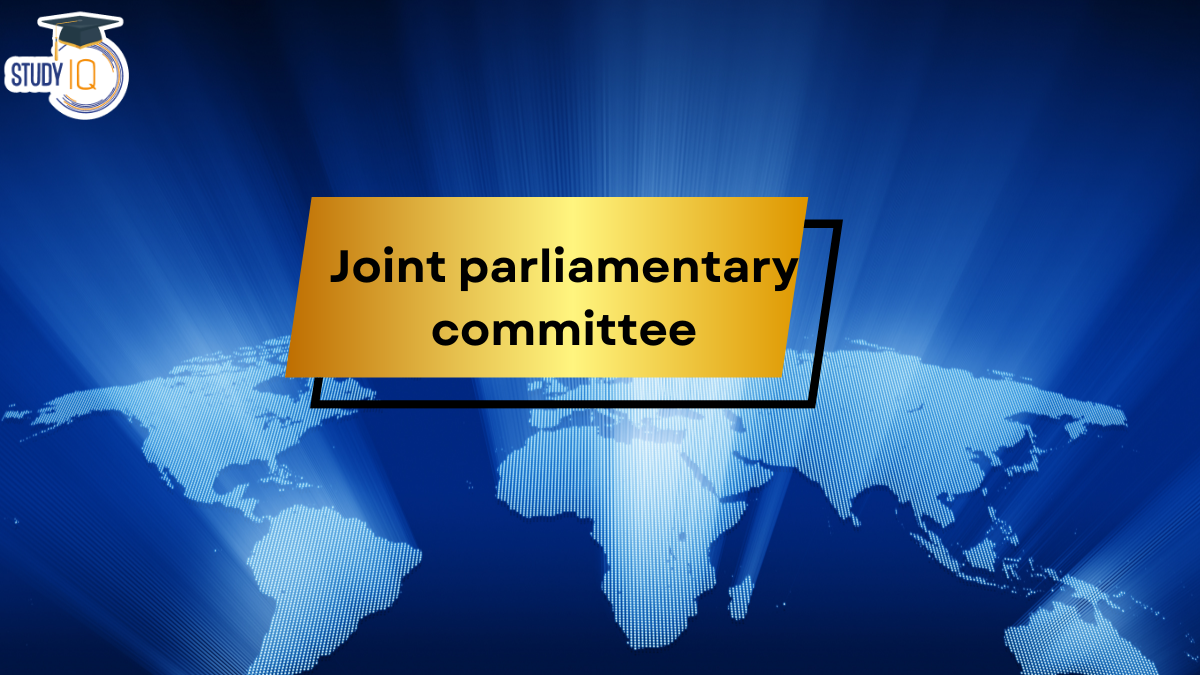About Joint Parliamentary Committee (JPC)
- A JPC is set up by the Parliament for a special purpose, mainly for the detailed scrutiny of a subject or Bill.
- It consists of members from both the Houses and from both the ruling parties and the opposition.
- The composition of the JPC is decided by Parliament also there is no fixed number of members in the committee.
- It is dissolved after its term ends or its task has been completed.
- The recommendations made by the committee are recommendatory in nature and not binding on the government.
Powers of the Committee
- A JPC has the authority to gather evidence from experts, public bodies, associations, individuals or interested parties suo-motu or on requests made by them.
- If a witness fails to appear before a JPC in response to a summons, his conduct constitutes contempt of the House.
- Ministers are not generally called by the committee to give evidence.
- However, with the permission of the Speaker, the JPC can seek information on certain points from ministers or call them.
| Facts |
Important cases for which JPC was formed:
|


 Transforming a Waste-Ridden Urban India:...
Transforming a Waste-Ridden Urban India:...
 Carbon Border Adjustment Tax (CBAM): Mea...
Carbon Border Adjustment Tax (CBAM): Mea...
 RBI Financial Stability Report 2025: Eco...
RBI Financial Stability Report 2025: Eco...

























